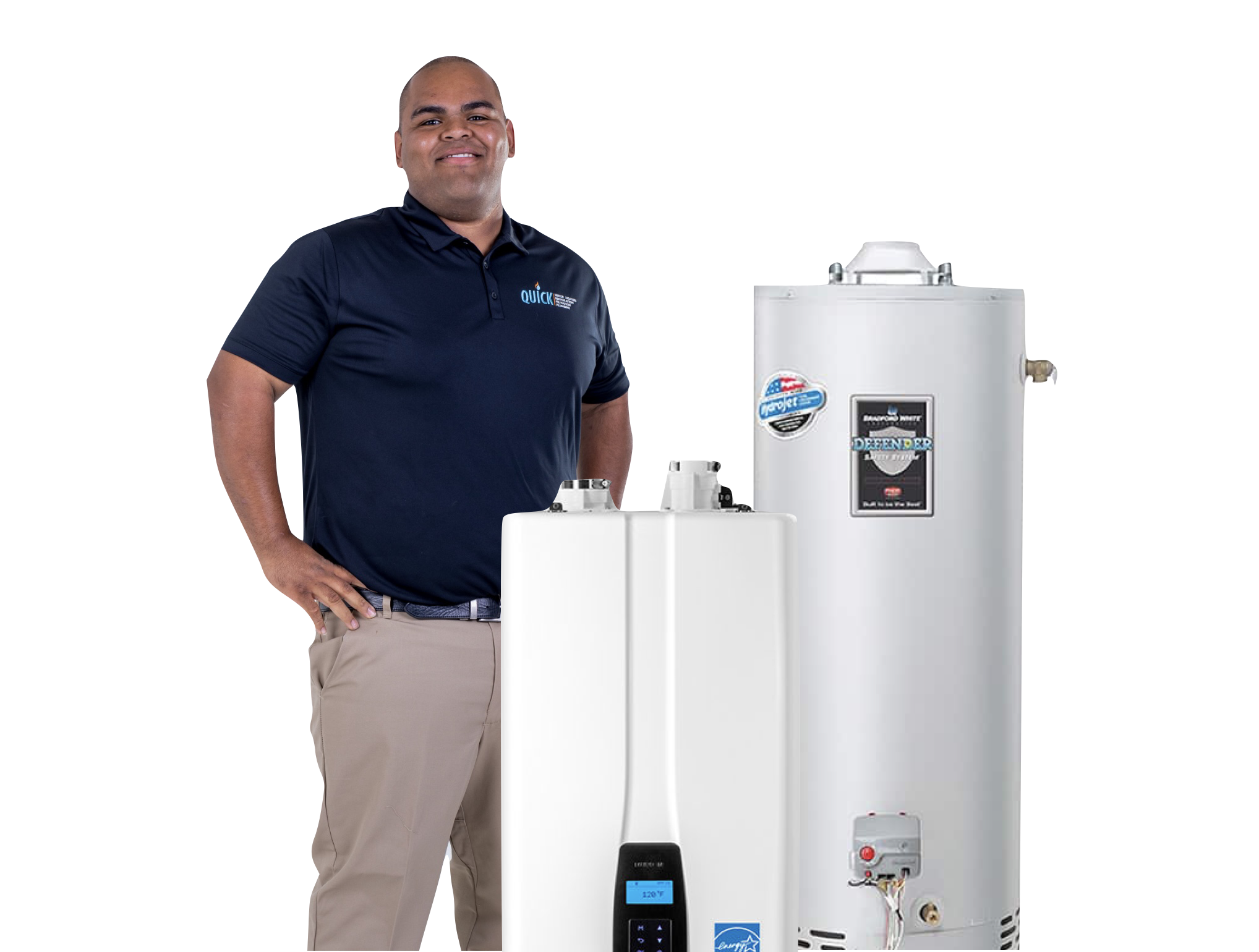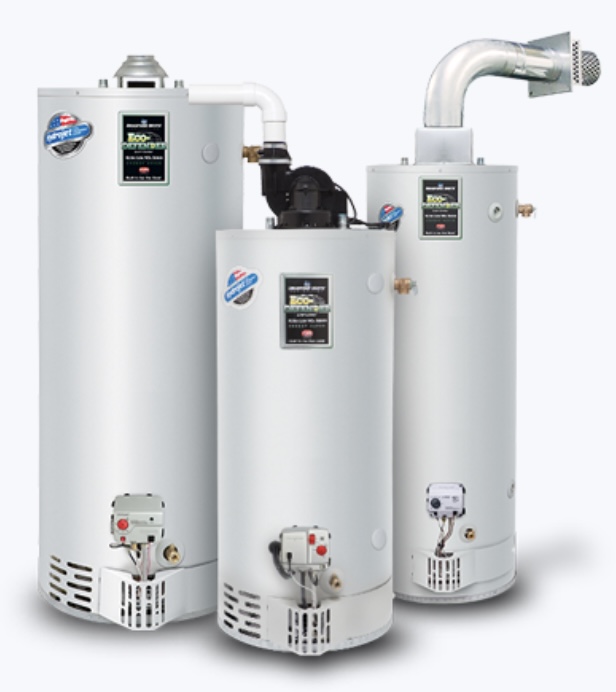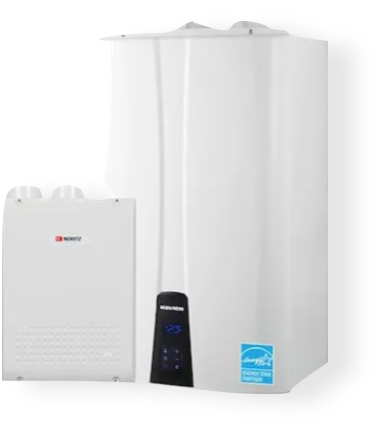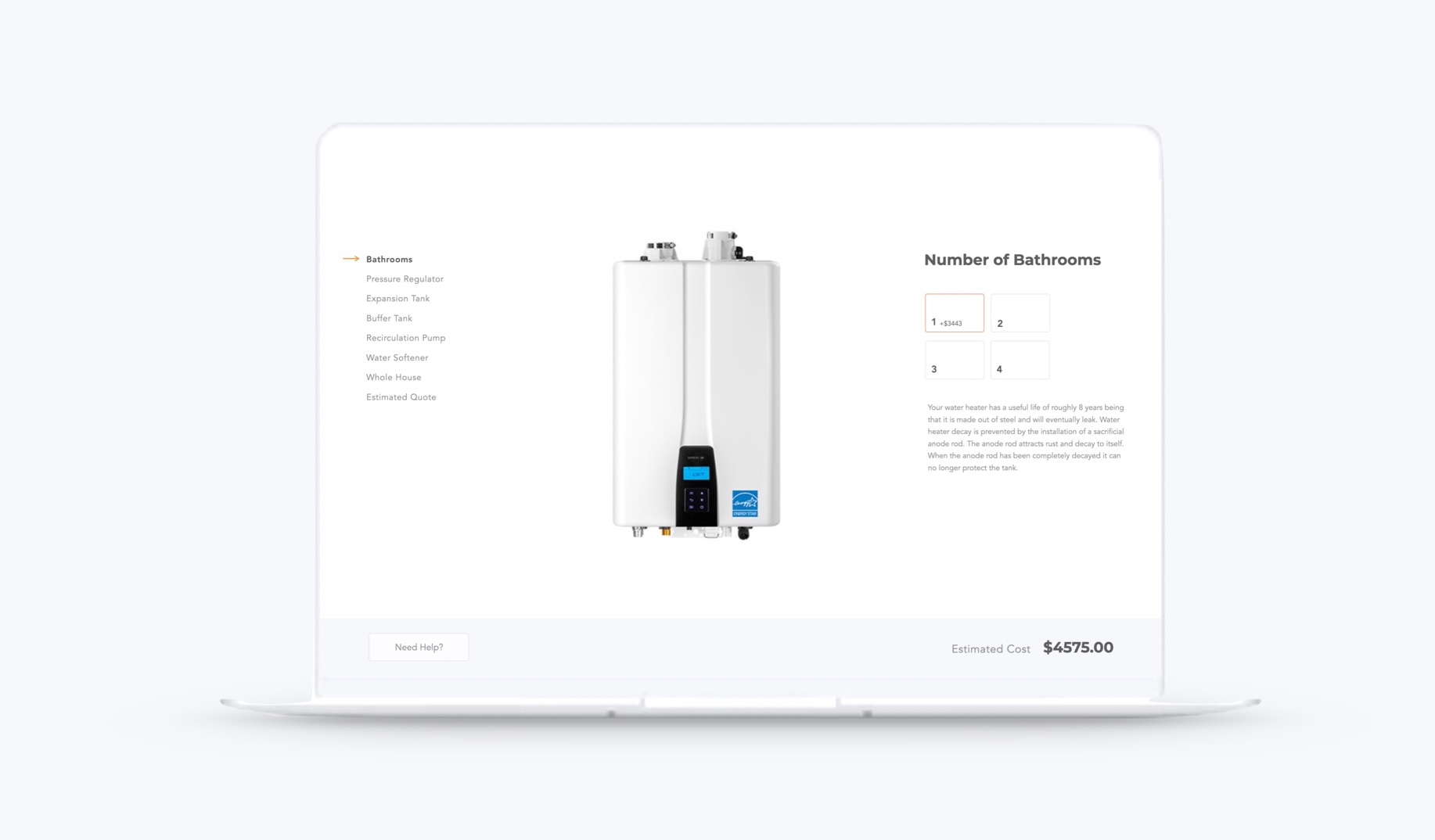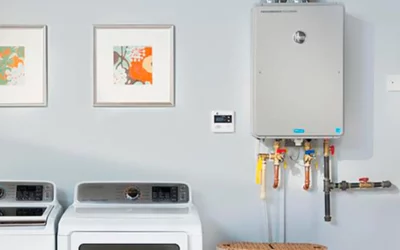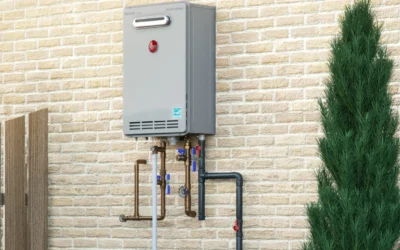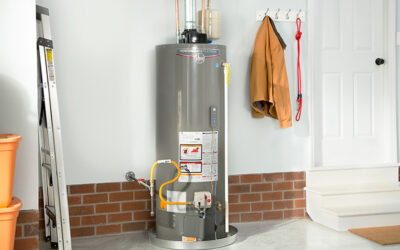In this guide, we will walk you through the process of repairing a leaking RV water heater. Whether you are experiencing common signs of a leak or just want to ensure the longevity of your water heater, it is important to know how to identify and repair any issues. We will provide step-by-step instructions, as well as important tips and tools to gather before starting the repair process. By following our guide, you can successfully fix the leak and prevent future problems with your RV water heater.
Identifying the Leak
Identifying the Leak is crucial in repairing a leaking RV water heater as it helps determine the specific area or component that is causing the leak.
Common signs of a leaking RV water heater
When it comes to identifying a leaking RV water heater, there are several common signs to look out for. These signs can help you determine if your water heater is indeed leaking and in need of repair. Some of the most common signs include visible water pooling around the water heater, dampness or moisture on the surrounding floor or walls, a decrease in hot water pressure, strange noises coming from the water heater, or a noticeable increase in your water bill. If you notice any of these signs, it is important to address the issue promptly to prevent further damage and potential water leaks.
Gathering the Necessary Tools
In order to repair a leaking RV water heater, it is essential to gather the necessary tools for the job.
Important tools for RV water heater leak repair
When it comes to repairing a leaking RV water heater, having the right tools is essential. To successfully fix the issue, you’ll need a few important tools. These tools include a wrench or pliers to loosen and tighten connections, a multimeter to test electrical components, Teflon tape to create watertight seals, a pipe cutter or hacksaw to remove damaged pipes, and a wire brush to clean connections. Additionally, it’s a good idea to have a flashlight on hand for better visibility in tight spaces. By gathering these necessary tools before starting the repair process, you’ll be well-prepared to address any leaks in your RV water heater.
Shutting Off the Water Supply
In order to begin the process of repairing a leaking RV water heater, it is important to first shut off the water supply. This step-by-step instruction will guide you on how to turn off the water supply effectively and safely.
Step-by-step instructions on how to turn off the water supply
To turn off the water supply for your RV water heater, follow these step-by-step instructions:
1. Locate the water shut-off valve: The shut-off valve is typically located near the water heater. It may be a lever or a handle that you can turn to shut off the water flow.
2. Turn off the power supply: Before shutting off the water supply, it is essential to turn off the power to the water heater. This will prevent any potential electrical hazards during the repair process.
3. Prepare a container: Place a container or a bucket underneath the water heater to catch any remaining water that may come out during the process.
4. Turn off the cold water inlet valve: Look for the cold water inlet valve connected to the water heater. This valve controls the water flow into the heater. Turn it clockwise to shut off the water supply.
5. Open a nearby faucet: To relieve any pressure within the water heater, open a hot water faucet nearby. This will help drain out any remaining water from the system.
By following these steps, you can safely and effectively turn off the water supply to your RV water heater, allowing you to proceed with the necessary repairs.
Draining the Water Heater
Draining the water heater is a crucial step in repairing a leaking RV water heater, and it involves following proper methods to ensure the water is completely emptied from the system.
Proper methods for draining an RV water heater
Proper methods for draining an RV water heater are essential to ensure its efficient functioning and prevent potential leaks. To begin the process, ensure that the water heater is turned off and the power supply is disconnected. Locate the drain valve, usually located near the bottom of the unit, and attach a hose to it. Place the other end of the hose in a suitable drainage area, such as a bucket or a nearby drain. Open the drain valve and allow the water to flow out completely. It is important to be cautious as the water may be hot. Once the water has drained completely, close the drain valve and remove the hose. This process will help remove any sediment or debris that may have accumulated in the water heater, allowing for better performance and preventing potential leaks.
Inspecting and Repairing the Leak
When it comes to inspecting and repairing a leak in an RV water heater, there are specific steps and methods that need to be followed in order to effectively address the issue.
Steps to inspect and repair different types of RV water heater leaks
When it comes to inspecting and repairing different types of RV water heater leaks, there are several important steps to follow:
- Step 1: Start by turning off the water supply to the RV water heater. This will prevent any additional water from leaking out during the inspection and repair process.
- Step 2: Drain the water heater completely to ensure there is no remaining water inside. This will make it easier to identify the source of the leak and perform any necessary repairs.
- Step 3: Carefully inspect the water heater for any visible signs of leaks, such as water stains, rust, or cracks. Pay close attention to the connections, valves, and the tank itself.
- Step 4: Depending on the type of leak identified, take appropriate repair actions. This may involve tightening loose connections, replacing faulty valves or fittings, or patching up cracks using appropriate sealants.
- Step 5: Once the necessary repairs have been made, test the water heater by turning on the water supply and monitoring for any signs of leaks. Check for any abnormal sounds or fluctuations in water temperature as well.
Following these steps will help ensure a thorough inspection and repair process for different types of RV water heater leaks. It is important to address any leaks promptly to avoid further damage and potential water-related issues while using the RV.
Testing the Repaired Water Heater
The process of testing a repaired water heater involves ensuring that the repair was successful and taking preventive measures to avoid future leaks.
How to ensure the repair was successful and prevent future leaks
To ensure the repair of your RV water heater was successful and avoid future leaks, there are a few important steps to follow. Firstly, after completing the repair, carefully inspect the area around the repaired section for any signs of leakage. Look for any drips, dampness, or discoloration, and address any issues immediately. Additionally, it is crucial to regularly inspect your RV water heater for any signs of wear or damage, even if there are no visible leaks. This can help identify potential issues early on and prevent major leaks from occurring. Lastly, consider implementing preventive measures such as installing a pressure relief valve or using a water softener to minimize the strain on the water heater and reduce the risk of leaks. By being proactive and diligent in your maintenance routine, you can ensure the repair of your RV water heater is successful and avoid future leaks.
FAQs – RV Water Heater Leak Repair
In this section, you will find answers to frequently asked questions about repairing leaks in an RV water heater. Discover common causes of leaks, learn if you can handle the repairs yourself, explore preventive measures, find out how often to inspect for leaks, and when it might be time to replace the water heater.
What are the common causes of RV water heater leaks?
The common causes of RV water heater leaks can vary, but some possible culprits include damaged or worn-out seals, loose connections, excessive pressure, corrosion, or a faulty pressure relief valve.
Can I repair an RV water heater leak myself?
Repairing an RV water heater leak can be done by yourself, provided you have the necessary knowledge, tools, and skills to perform the repair safely and effectively.
Are there any preventive measures to avoid RV water heater leaks?
Yes, there are several preventive measures that can be taken to avoid RV water heater leaks.
How often should I inspect my RV water heater for leaks?
Regular inspections of your RV water heater for leaks should be conducted at least once a year to ensure early detection and prevent potential damage or costly repairs.
When should I consider replacing my RV water heater instead of repairing it?
Knowing when to replace your RV water heater instead of repairing it depends on factors such as the extent of the damage, the age of the heater, and the cost of the repair compared to a new unit.


